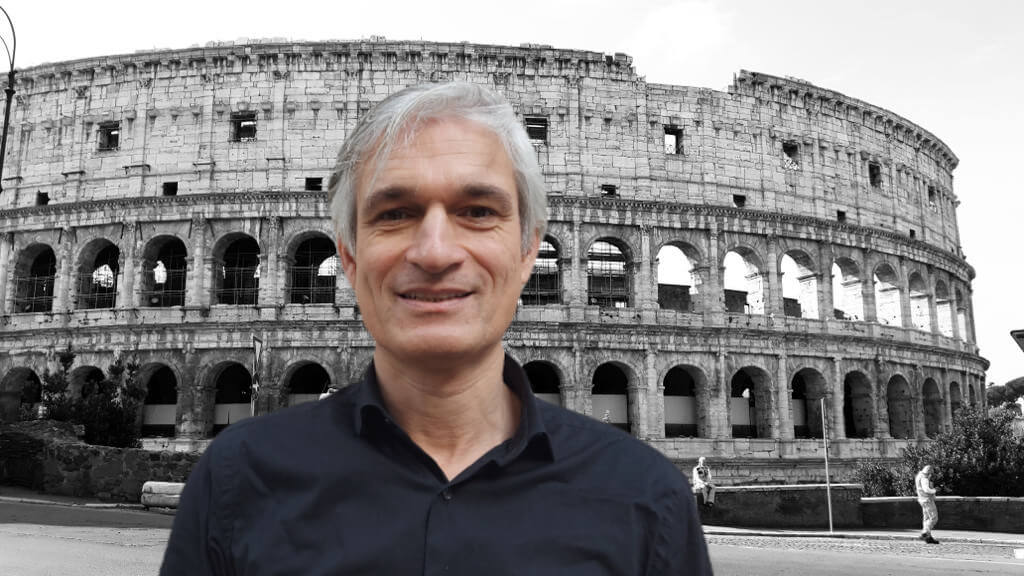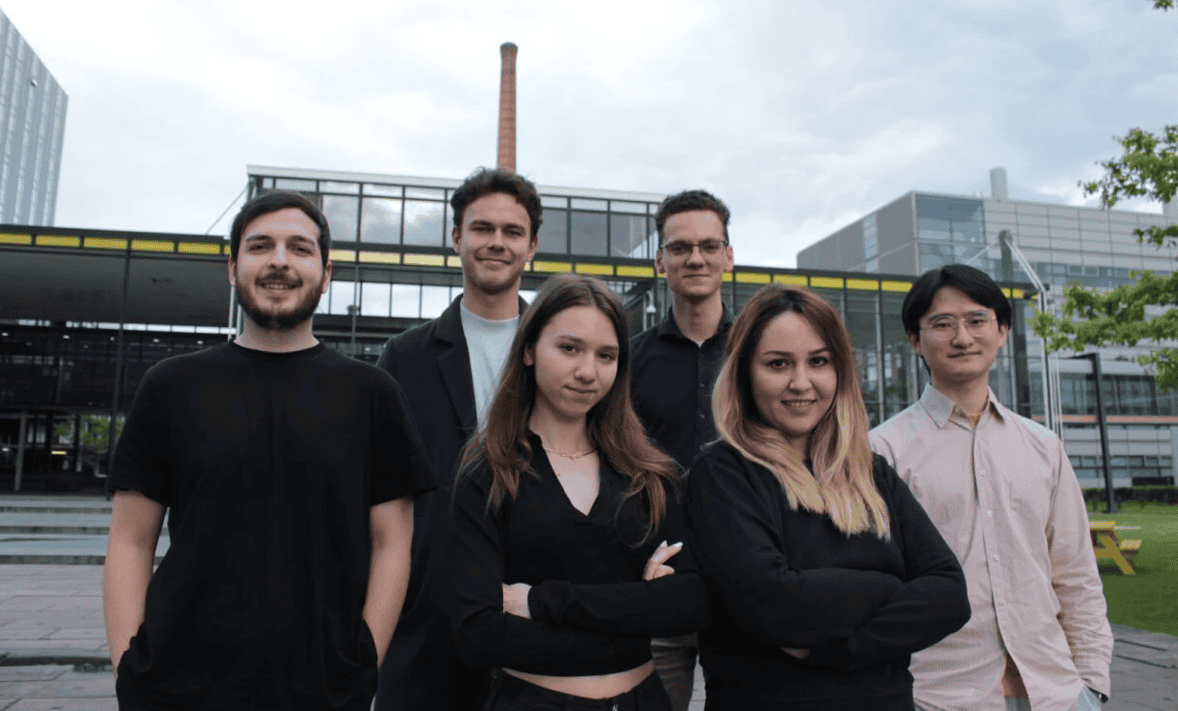
About Worldcoo
- Founders: Sergi Figueres and Aureli Bou
- Founded in: 2012
- Employees: 14
- Money raised: more than €9 million
- Ultimate goal: become the main fundraising tool to fund social & environmental projects around the world
Christmas is the time of conviviality and enjoying time together. But it is also a time of introspection and reflection on the well-being of the world. Not everyone has it so good. Fortunately there are plenty of people who like to do something for the less fortunate. This week before Christmas, Innovation Origins is putting the spotlight on a number of start-ups whose core business is the welfare of their fellow human beings. Also read the other stories here.
A micro-donation for a charity at the checkout is a clever way to fund development projects via crowdfunding. An interview with the Spanish developers behind this application.
You may be familiar with the situation. You want to withdraw money at the cash register and the display of the ATM machine asks you if you also want to donate something to a development project. You press the green button and hey presto: €1 (or another small amount) goes to a good cause. Chances are that the technology behind this application that makes a micro-donation comes from Spain.
Aureli Bou (37), who has an engineering degree under his belt, and Sergi Figueres (37), a graduate in International Relations, invented this handy tool that allows you to donate small amounts to charity projects when you pay electronically in a store (or online).
One advantage of this form of fundraising is that it appeals to a different type of donor, many of them young people as well, rather than the (older) donor who tends to make an annual donation. Another advantage is that it does not help specific organizations as such, but concrete goals through crowdfunding.
We spoke with the two founders of Worldcoo in Barcelona.
How did you come up with the idea of Worldcoo?
“Worldcoo was basically born as a result of a failed project. In 2010, we had founded an NGO focused on collaborative projects in technology. But we soon realized that there were lots of other organizations doing the same thing, and only a few of them were focused on how to fund their projects in an efficient and sustainable way.
That is why we decided to create a new channel to raise funds for projects independent of the government. Our idea was to create a new technology to merge crowdfunding with e-commerce. Since then, we have developed new fundraising channels, including those aimed at banks, large companies and retailers.”
How do you go about selecting development projects?
“We have partnership agreements in place with more than 500 NGOs around the world. If a company wants to use our fundraising channel, we prepare a proposal of goals and projects that we think will suit the client. We select the projects according to their social and environmental impact. We also focus on fundraising whenever emergencies occur in the world.”
How do you check that the projects are successful?
“We have a team of people who are in direct contact with the various organizations. Those staff members enter into new partnership agreements with them and check out each organization and each project that is submitted. Once the crowdfunding has succeeded and the project is funded, we ask for a report on the accomplished results with the money raised. This department checks every euro raised and follows up on the accomplishments of each funded project.
It is very important to us that clients, the companies that use our tool and their customers, can get comprehensive information about the projects they have been involved in. Participants can access all the information about the particular NGO and the project on an online platform. It is essential that all those involved know with complete transparency where the money is going and are able to track every single dime that is donated.”
Does Worldcoo only support projects or can people also give money to a charitable organization?
“We always say that Worldcoo helps fund projects, not organizations. All projects are run by a ´tangible´ NGO, but we always focus more on the project than on the NGO undertaking that mission.”
This app is available for e-commerce, banks and retail. Which channel is doing the best?
“Without a doubt, the Charity Rounding Up, aimed at retailers, is the channel that works the best.”

“It is a new mechanism that facilitates micro-donations every time we pay with a bank card in a store. Before we enter our PIN code, the screen on the payment terminal asks us if we want to make a micro-donation and participate in a social or environmental cause.
The screen shows the proposed amount to donate. To participate, customers just have to press the green button. If they don’t want to, they press the red button. Anyone who makes a micro-donation can access their donor certificate and follow the fundraising process from start to finish. Today, more than 4,600 companies already offer this option and, to date, more than 36 million donations have been made through this system.”
What kind of business model does Worldcoo use?
“Worldcoo works as a service provider for NGOs. Once the NGO has received 100 percent of the total collected, Worldcoo receives 12 % of it.”
How successful is the app?
We are very happy that so far (as of December 2021, ed.), almost 40 million donations have been made through our different fundraising channels, and especially through the Charity Rounding Up. A total of 596 projects have been funded, which has helped over 800,000 people.”
What do you think will be donated through Worldcoo around Christmas this year?
“December is a good month when it comes to charity. It seems that society is more concerned with social issues and more inclined to contribute to charitable causes. Last year, nearly €3 million in donations were made in December. The figures will most likely be surpassed this year over Christmas.”
Is the tool unique in the world?
“The difference between Worldcoo and some of our competitors is that we draw up a fundraising plan for the client, incorporating our suggestions for projects. We actively work with charitable organizations to properly prepare every project for each company.”
As a start-up, does it help to be in Barcelona?
“Yes, Barcelona is a very good place for start-ups. Being committed in an ecosystem that fosters relationships and meetings with different partners is really important and useful. Barcelona is a great place for this. There are many organizations that focus on helping start-ups carry out their projects.”
Also read about how Barcelona is an important hub for start-ups here.









